England cricketer Monty Panesar, who recently revealed his struggles with mental illness, admitted that he should have taken medications when the time was right. Panesar also stated that he is eyeing a return to the national team soon.
According to a report in BBC Sport, the 34-year-old left-arm spinner admitted to not believing in medication, only to accept that the reluctance for the same, aggravated his problem further.
“I didn’t believe in medication. I’ve been brought up to say it isn’t good for you,” Panesar was quoted as saying in the report.
Panesar, who has taken 167 wickets in 50 Tests, last played for England back in Melbourne during the fourth Test of the 2013-14 Ashes campaign. The spinner, who currently is with Northamptonshire, said that he is eyeing a national recall soon.
“The people who were helping me did see a change. They said to me it would it take three to six months to get back to where I need to be.
“You have got to take one step at a time and be patient with the whole process and eventually have the faith that things will get better,” said Panesar, who is also looking to use his experience to work as a mental health ambassador for the Professional Cricketers Association (PCA).
Incidentally, Panesar is not the only English cricketer known to have battled with mental health problems. Following is a detailed look into five others who have faced similar problems, most of whom have managed to come out of it and resurrect their careers:
Jonathan Trott:
The South African-born England cricketer is perhaps one of the most talked-about cases of cricketers suffering from mental illness.
Trott, played domestic cricket in native South Africa before making his debut for England in 2009, announcing himself to the world with a century on debut. Over the years, he went on to establish himself as the leading candidate for the No 3 slot in the England batting order, and played a key role during England’s Ashes tour of 2010-11, as well as the successful tour of India.
The first major instance of Trott’s battle against mental illness surfaced after he pulled out of the 2013-14 edition of the Ashes after the first Test at Brisbane, citing stress-related illness. Trott, who was a ‘rock’ to the English batting order during the team’s reign at the top of the Test rankings, suddenly looked vulnerable with his inability to cope with mounting pressure and stress.
It did not help him when he came under criticism from former cricketers such as Michael Vaughan and Matthew Hoggard, who rebuked him for abandoning his team-mates in difficult times.
Trott made a comeback in the following County season for Warwickshire after getting a three-month treatment, but pulled out of it again after the old symptoms returned. His return to international cricket was almost ruled out by then.
However, he managed to make a strong return towards the end of the domestic season, and after double-century during the England Lions’ tour of South Africa, managed to find a place in the England team for the tour of West Indies right after the 2015 World Cup.
His only highlight of the tour was a 59 in the first innings of the second Test. He was dismissed thrice for a duck, and every other innings ended in single figures. He eventually announced his retirement at the end of the series.
“This was a tough decision to make but I don’t feel my game is at the level you need to be at to play for England,” Trott was quoted as saying in a release on England and Wales Cricket Board’s (ECB) official website.
Marcus Trescothick:
The flamboyant left-handed opening batsman, who was a key member of the side during the early part of the previous decade, had a flourishing career before it was brought to an abrupt end by stress and depression.
In a BBC Sport report , Trescothick revealed that he had suffered from anxiety attacks since the age of 10. His problems first came to the fore when he pulled out of the tour of India early in 2006, the move of which gave Alastair Cook his Test debut.
After a couple of successful performances during the Test series against Sri Lanka that summer, Trescothick missed out on the Champions Trophy due to the stress-related illness that had forced him to fly out of the India tour earlier.
Things got worse for him during the 2006-07 Ashes tour, in which his fortunes sank along with that of England. The southpaw lasted barely a couple of weeks during the tour before pulling out of the tour. He did not play for England again, announcing his retirement from international cricket in March 2008.
“There were times when I didn’t know how I was going to go on. I didn’t know how I was going to come through the pain. Getting through the night seemed so difficult; getting through the rest of my life, impossible,” Trescothick was quoted as describing his ordeal when he was suffering from depression in a report on The Telegraph.
Andrew Flintoff:
The 2006-07 Ashes tour had an impact on many English cricketers, mostly a negative one. Former England cricketer Andrew Flintoff admitted to have suffered from depression during the doomed series, in which England surrendered the urn to their arch-rivals after a 5-0 hammering under his captaincy.
The lanky Lancashire all-rounder, who was hailed by many for his contributions in the 2005 edition, in which England pulled off a historic 2-1 win, was driven to alcoholism and depression after the tour.
“I was captain of England and financially successful. Yet instead of walking out confidently to face Australia in one of the world’s biggest sporting events, I didn’t want to get out of bed, never mind face people,” Freddie, as he was known amongst his team-mates, described his depression in an article on ESPNCricinfo.
Things were never easy for Flintoff thereafter, especially with the pedalo incident during the 2007 World Cup (in which a drunk Flintoff nearly drowned after falling off a pedalo off the coast of St. Lucia).
The low mental state turned out to be a pretty serious one for Flintoff, who reportedly did not want to join his team-mates in their celebrations.
“There’s a certain sense of shame when I remember sitting in the dressing room after winning a one-day international in the West Indies.
“The lads were celebrating and I didn’t want to be a part of it, I didn’t want to do anything but sit on my own in the corner,” the veteran of 79 Tests was quoted as saying.
Michael Yardy:
Obsessive Compulsive Disorder (OCD) is a mental condition that one often relates to positive traits such as cleanliness. However, it was a much more serious issue in the case of former all-rounder Michael Yardy, for whom a promising career was cut short after the deterioration of the condition.
Yardy, who was a member of the 2010 World T20-winning England squad, was forced to fly out of India during 2011 World Cup before the quarter-final stage of the tournament due to a “crushing psychological illness”.
According to a report in The Telegraph, Yardy’s mental troubles began sometime in 2008, and worsened in 2010, the same year in which he experienced the most glorious moment of his career.
In his autobiography, Yardy revealed that he used to make obsessive security checks at his home, fearing for his life. The all-rounder reportedly “rammed chairs and tables against bolted doors” to keep out imaginary intruders. His troubles spilled over to the cricket, field, where he felt “like a zombie” during the training sessions.
“I was waking up and struggling to get out of bed, crying on my way to cricket, things like that. That’s where I started to realise, this isn’t quite right,” Yardy said in the report on The Telegraph.
Yardy, who played for Sussex in the English domestic setup and retired from all forms of cricket in 2015, credited Trescothick and his public acceptance of his mental condition as an inspiration for the likes of him to be honest about his own troubles.
Steve Harmison:
The member of the 2005 Ashes-winning side revealed to have suffered from depression for the most part in his career.
In the BBC documentary Freddie Flintoff: Hidden Side Of Sport, Harmison admitted that he suffered from homesickness and anxiety attacks, the magnitude of which was serious enough to be classified as severe depression.
In a report on ESPNCricinfo, his problems reached its peak during England’s 2004-05 tour of South Africa, in which he realised that he first acknowledged the seriousness of the issue.
Much like Trescothick, Harmison too suffered from depression from an early age. In a column on The Telegraph, Harmison revealed that he had come close to taking a decision similar to the one taken by Trott.
“It is so, so tough. I can remember sleepless nights in hotel rooms where I would be in tears and then going out to play the next day,” Harmison added in his column.


)




)
)
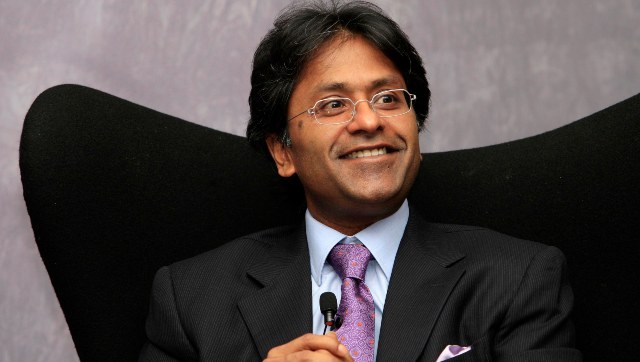)
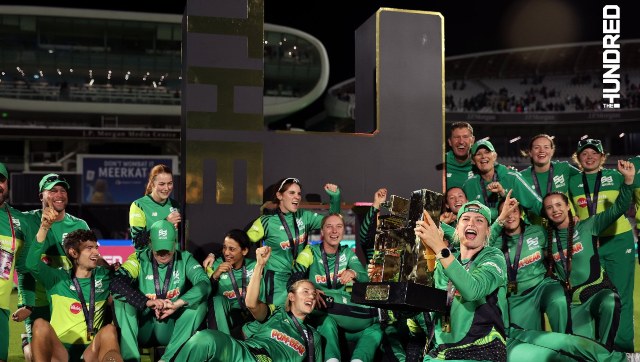)
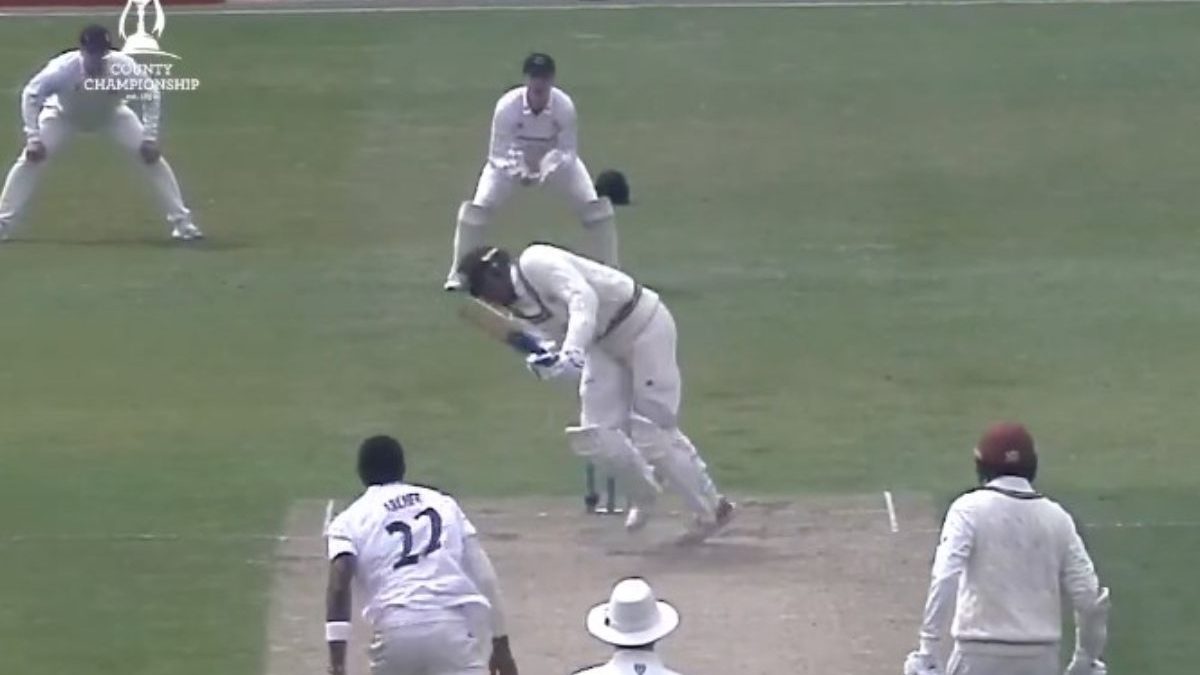)
)
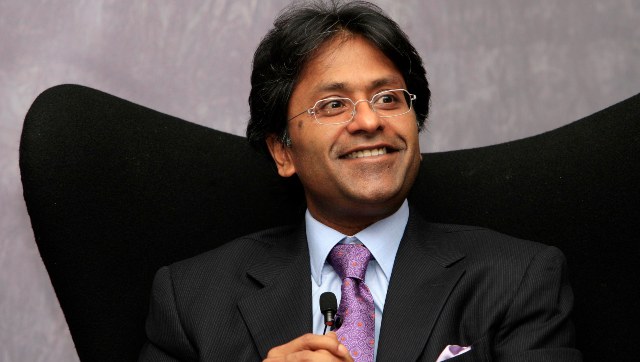)
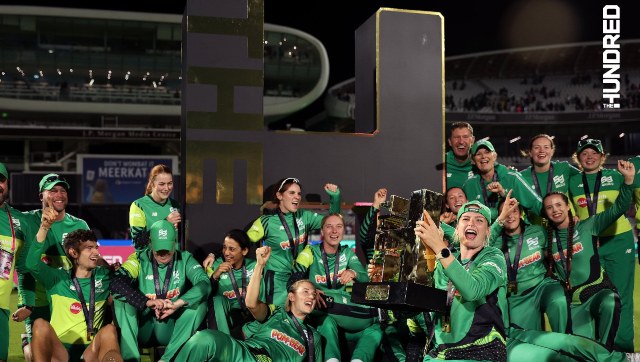)